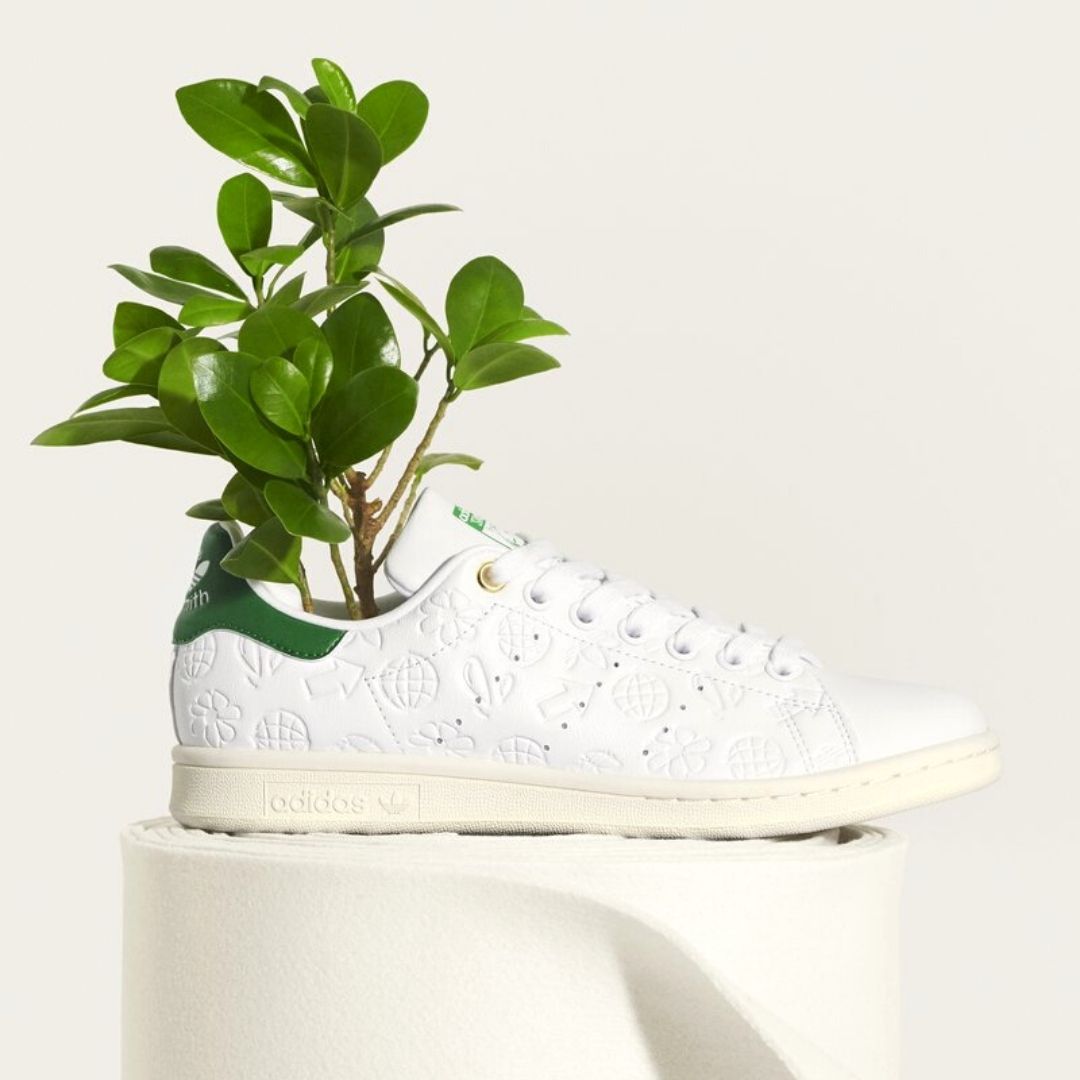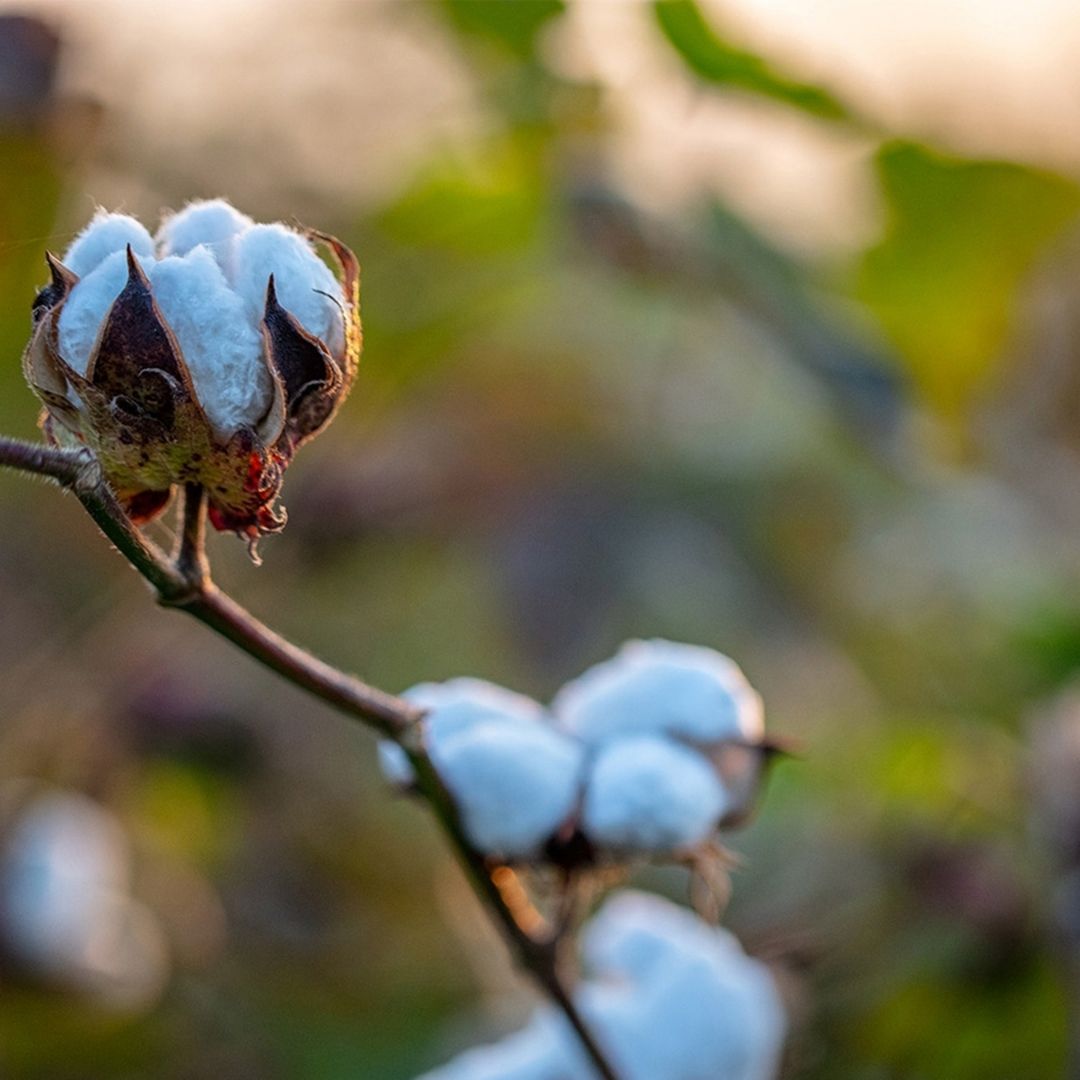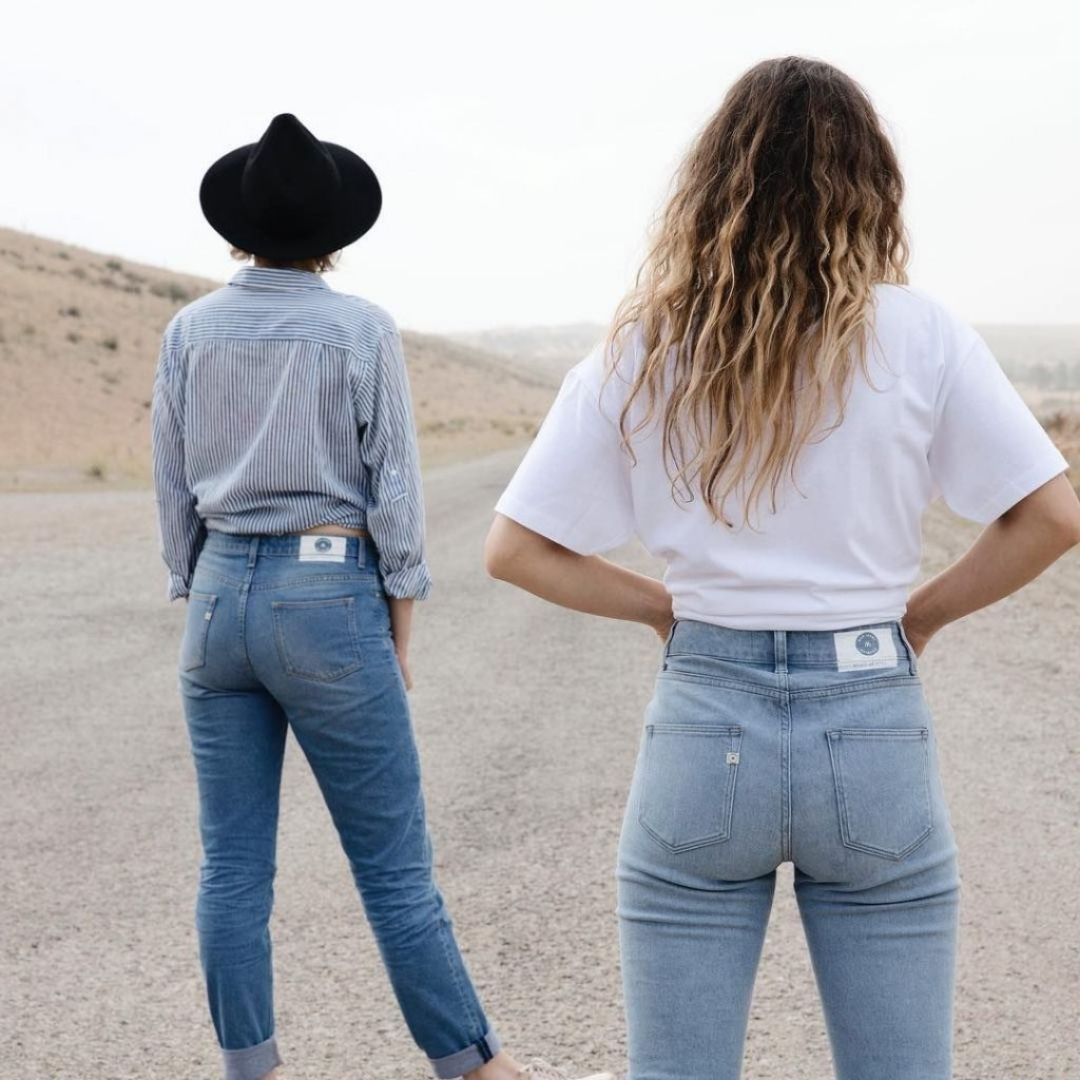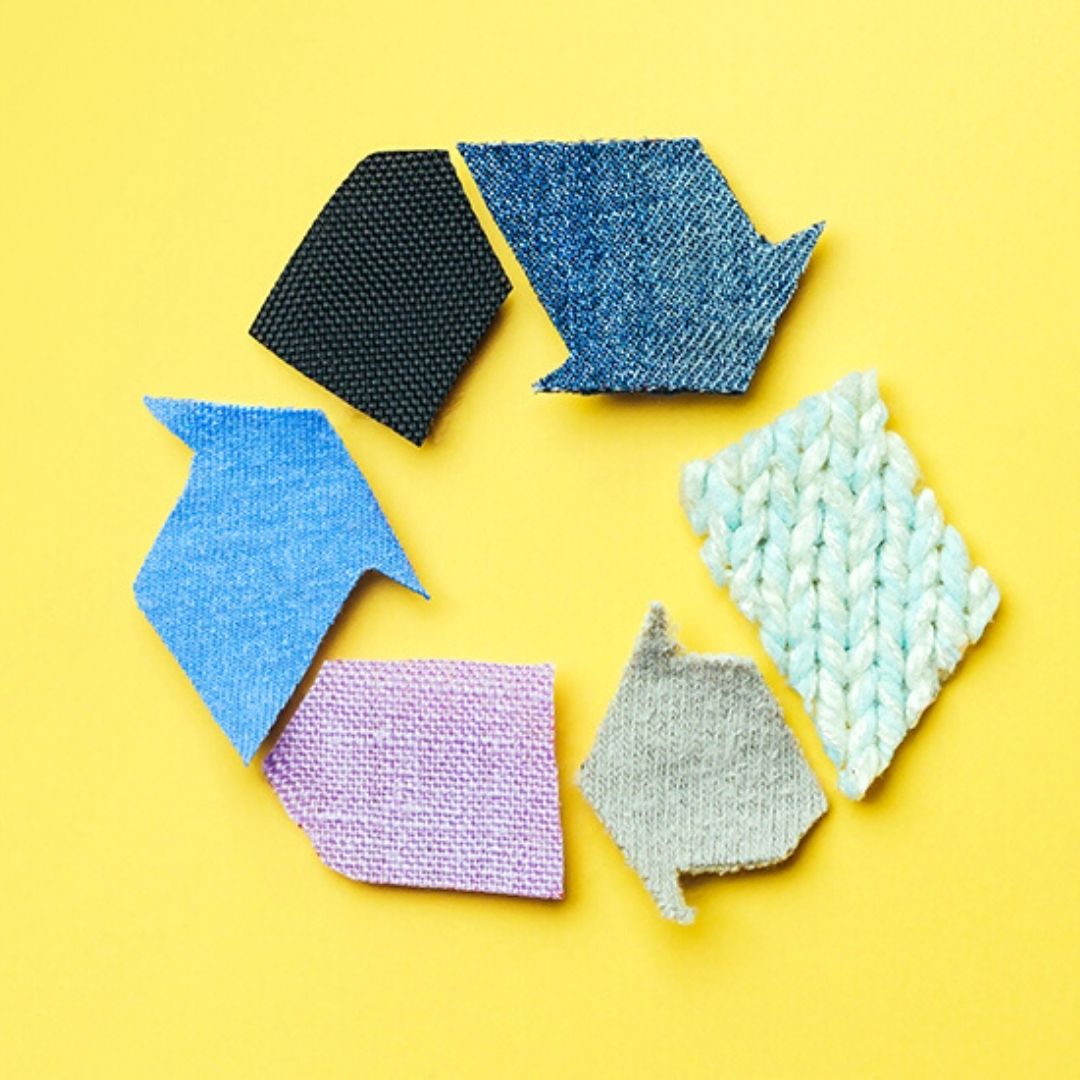Often, the “trends” we hear about in the fashion industry are associated with overconsumption, pollution, and excess textile waste. Yet, despite enduring a challenging year with COVID-19, the fashion industry’s attention on sustainability has never been greater!
The Textile Exchange’s Material Change Index (MCI), in partnership with GreenBiz, analyses the textile industry’s progress towards sustainable practices.
The annual report tracks 191 individual companies and gives them a score based on their Strategy, Circularity, alignment with the Sustainable Development Goals (SDGs), and more.
The results for 2020 are in, and these are the five sustainable trends that have emerged from the findings!


Ambition is in fashion.
Good news: the fashion industry is waking up! Leading companies are realising that ambitious sustainability targets are good for people, planet and profit. The MCI revealed that 88 per cent of companies have set 100 per cent more sustainable targets for materials sourcing, and 45 per cent have set circular targets to track their progress towards a circular system — so basically, zero waste!
Let’s be real here — “sustainability” is a pretty vague term in the fashion industry. Truly, it can mean anything! That’s why having clear pathways and transparent reporting is so important to achieve ambitious targets.
Adidas, for example, has committed to using only recycled polyester by 2024, and by 2025, 90 per cent of Adidas’ shoes will be made with recycled materials.


From selling goods to selling ‘Good’.
Traditionally, the fashion industry’s priority is to sell items as quickly and as cheaply as possible — especially in the era of “fast” fashion. Thankfully, the system is slowly shifting!
Now, many of us want to know how the company is producing their goods: Are their materials sourced sustainably and ethically? How transparent is their supply chain? How is this company going above and beyond to reverse ecological damage? FYI — these are the types of questions that we ask here at Flora & Fauna before we stock any new items.
According to the MCI Insights Summary, “when a surfwear brand’s [Piping Hot] website is all about ocean conservation rather than selling clothes, and it commits to 100 per cent recycled or more sustainable materials, we know the system is shifting”.


People and planet at the heart of corporate mission.
Taking action on interconnected crises is now a moral imperative for company leaders, according to the MCI Insights Summary. Whether it’s regarding climate change, poverty, workers’ rights, biodiversity loss, textile waste, or pollution — we know that all these issues are connected in different ways.
Kalani, a Belgian linen company, works closely with farmers to establish a fair and transparent supply chain. The end result? 100 per cent organic and fair trade cotton.
"We provide them the security that we will work with them directly. They know that we are going to pay the right price for organic and fair trade cotton. We provide long term commitments that then help them to get loans from NGOs and banks," said Bruno Van Steenberghe, founder of Kalani.


Finding their superpower.
Many fashion giants are recognising the need for the whole industry to shift — but it needs to be a collaborative effort. That’s why according to the MCI Insights Summary, “first movers can develop an innovation and others can follow with scale; there can be complementary fits between a new startup and an iconic brand”.
"Most people that are in this sustainability space believe and operate under an 'open sourcing' guideline where you share what you've learned for the better of people and planet,” said Mark Walker CEO of surfwearbrand Outerknown. “If you find an amazing new innovative fibre, share it. If you find a farm that is doing amazing regenerative farming techniques, share it, get the word out, let other people use it”. After all, sharing is caring!


Committed to improvement. Together.
The MCI is an extremely important tool to assess the sustainable practices of the fashion and textile industry.
Prama Bhardwaj, CEO of an ethical clothing company, Mantis World, said that "the MCI gives us a broad stroke view of the industry as a whole and it also shows us what our part to play is. It cuts through all the pretty words and actually gives us real data and information that's measurable”.
Amazingly, the MCI saw a 10 per cent increase in participation throughout 2020 — reaching a total of 191 companies. Plus, the overall scores increased by 17 per cent across the MCI. In 2019, Mud Jeans was the only company to achieve a Level 4 for Circularity (the best score) — now, there are nine companies that have achieved this status!
So, what do you think of these sustainable fashion trends? We’re excited to see so many new brands that are getting on board with Textile Exchange’s MCI. It shows that these companies are dedicated and willing to create material change — which is good news for us, and good news for the planet!
To read more about the MCI process and to see a full list of participating companies, check out the Textile Exchange’s Material Change Insights for 2020.
Love reading about sustainable and ethical fashion? Check out these blogs for more inspiration.

